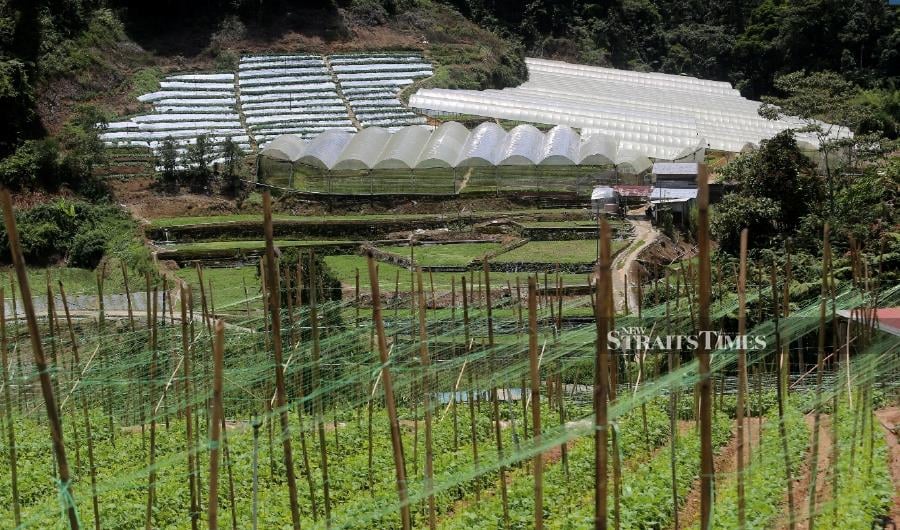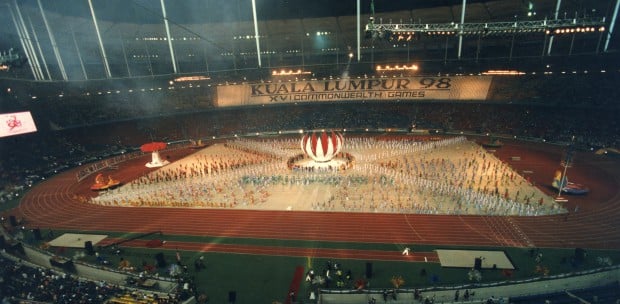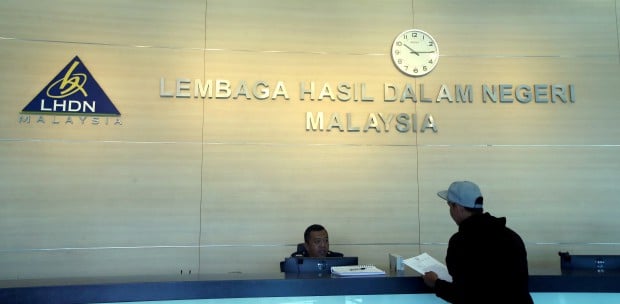The financially-troubled Federal Land Development Authority (Felda) needs to change if it really wants to help settlers, it's raison d'être.
Economists suggest two solutions. One, Felda ventures into the hugely untapped agro-food business. Two, it privatises its subsidiaries.
But before these two happen, Felda needs a change at the very top. Politics and commerce are strange bedfellows. If we do not recognise this, then the business of Felda will always be dictated by politics.
To let politicians or anyone connected to politics helm Felda would mean repeating an old mistake. We know what people say about repeating the same thing over and over again and expecting different results.
If the chairman is a politician or a politically connected person, then even the best chief executive officer in the world won't be able to do his job well. The secret recipe for a successful organisation is this: a robust board and a dedicated management team. Almost all corporate problems begin and end here.
Commerce is not a game of chance. Granted, it was politics that started Felda going in the first place. Sure, politics by its very nature has the policymakers' muscle to be the first-mover of an idea.
Eradicating poverty by getting settlers to work the land was an idea whose time had arrived then. But to get the settlers beyond poverty eradication to build wealth for themselves is not the job of politics, but of commerce.
Now for the two solutions suggested by the economists. Start with Felda venturing into the agro-food sector. This may be a cure for the problem of over dependence.
Felda is too dependent on the government to finance its business while the nation is too dependent on food import. Start with Felda. Given the state of the government's finances, it can't help even if it wants to. Self-help is the answer.
The agro-food sector may be able to provide the revenue stream that Felda needs. But here, too, competence is needed.
Now the national context. As Bank Muamalat Malaysia chief economist Mohd Afzanizam Abdul Rashid highlighted to this newspaper, Malaysia's trade deficit in foodstuff registered RM32.3 billion last year. The year before it was RM31 billion. Even easy-to-grow chilli and round cabbage are being imported.
Add to mangoes, bananas, mangosteens and pineapples and more of similar fruits, the opportunity for a new revenue stream for Felda becomes clearer.
The government isn't without a role here. Like in some of our neighbouring countries, our government policy must give the right emphasis on agriculture. It must make land available. Fruit cultivation on a commercial scale needs at least 5ha, though vegetables can do with 2ha.
The policy must also encourage our youth to be involved in food production. Felda's settlers have aged and their children are migrating because there are just not enough incentives to stay home and work the land.
Finally, the privatisation of Felda's subsidiaries. Here Felda may have to exercise great care. Not all privatisations work and those that "work" tend to create wealth for the few and not for the many. It is interesting that Dr Geoffrey Williams, an economist at Malaysia University of Science and Technology, used the term "responsible privatisation" as he shared his idea for Felda to this newspaper yesterday. In this day and age, privatisation badly needs the adjective.





